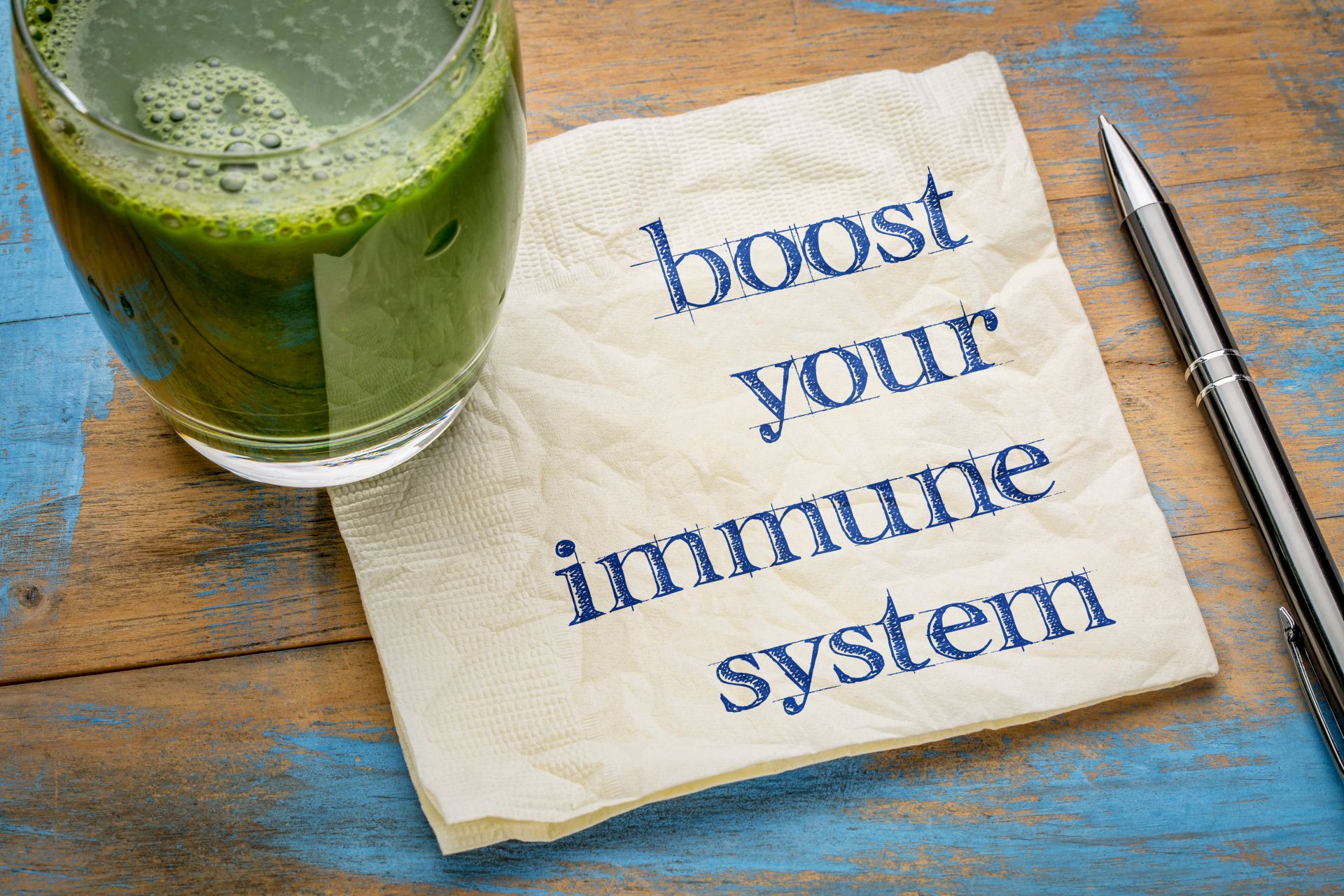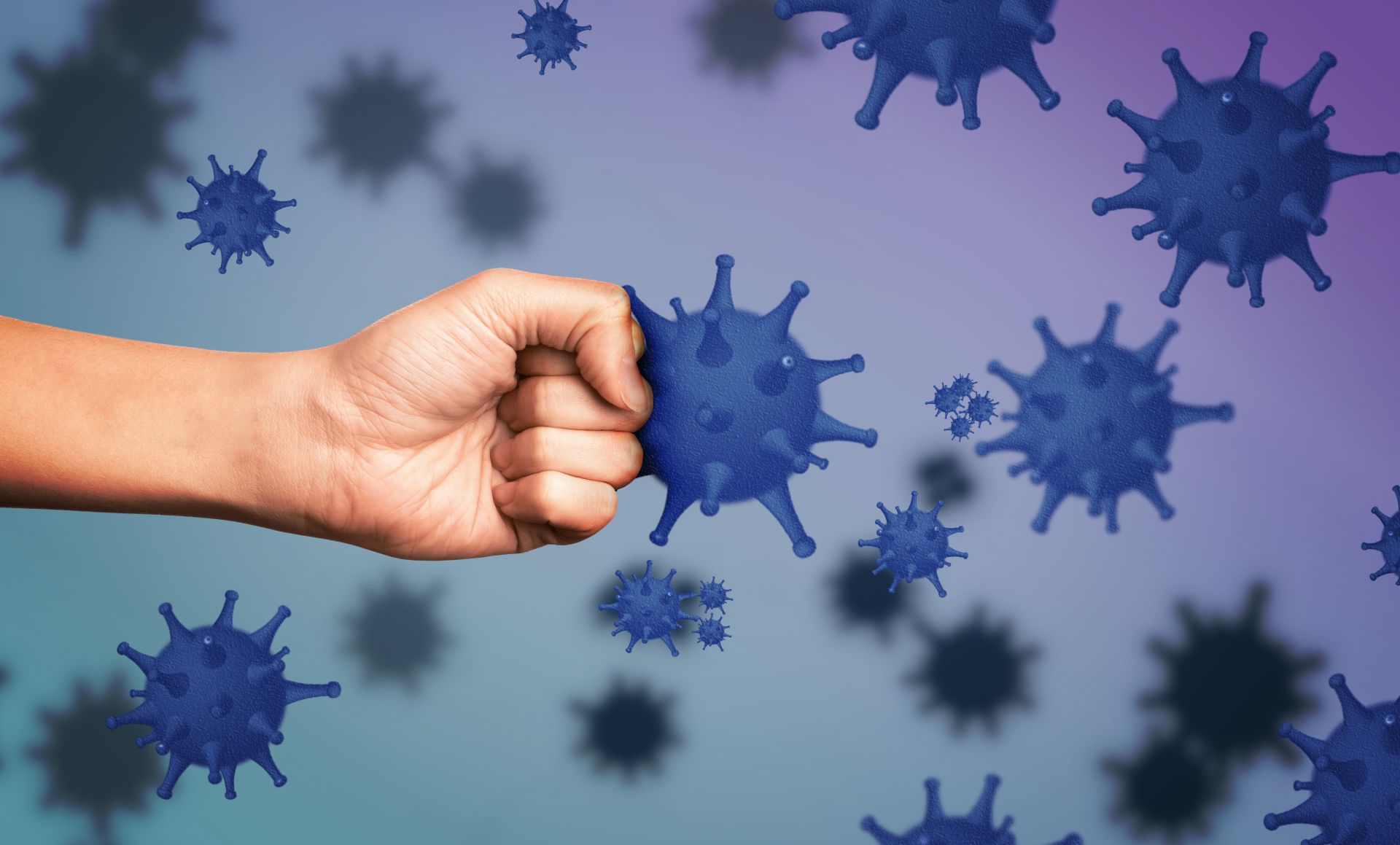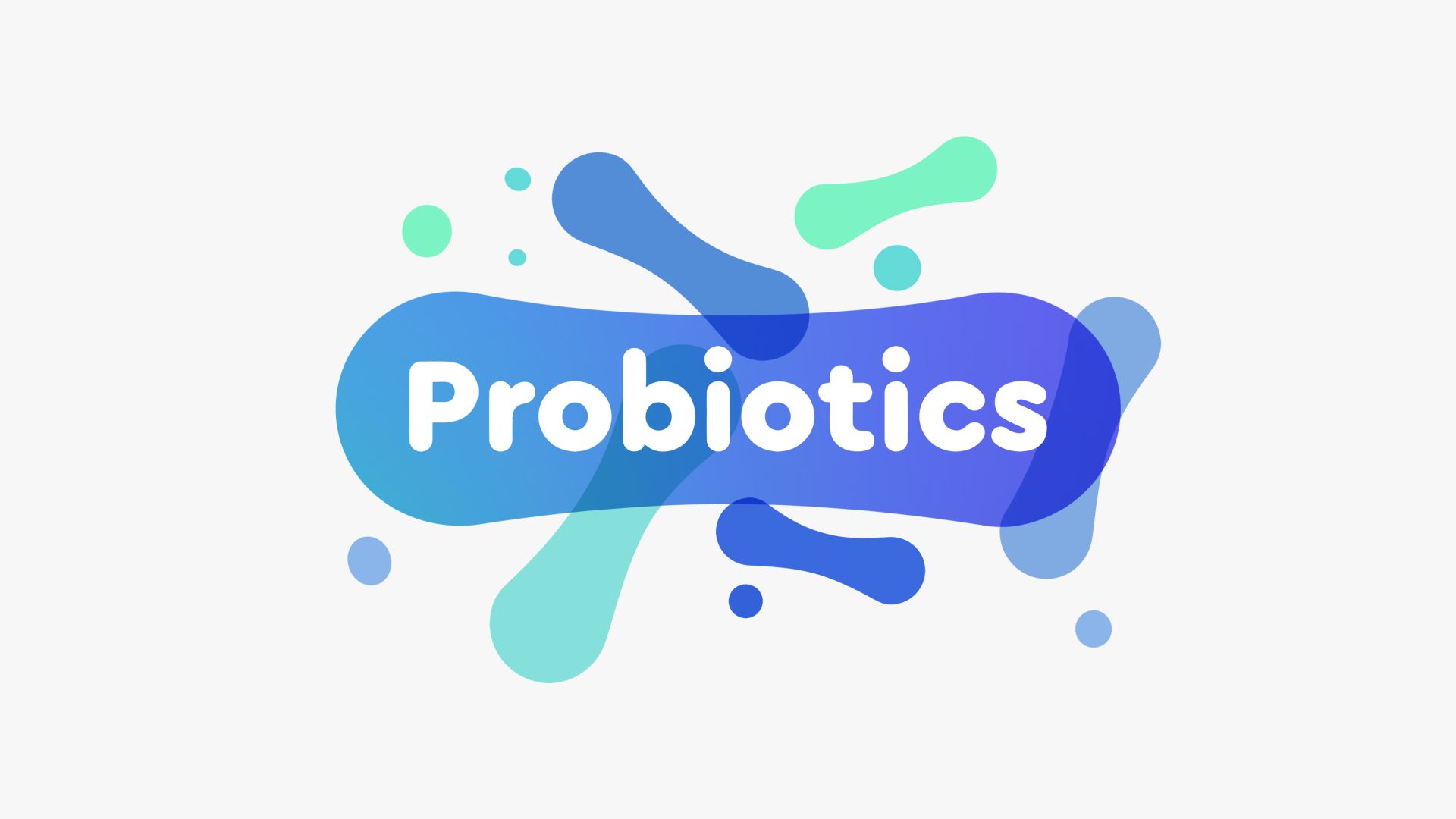Adaptogens and the immune system - what are the relationships?

The effect of adaptogens on the immune system is an important part of their anti-stress effect. By modulating inflammatory responses, adaptogens mitigate the magnitude of changes that stressors would cause in the body. This also provides direct benefits - with the use of adaptogens, the immune system often works more efficiently and copes better with pathogens. Let's examine in more detail what the relationship between adaptogens and the immune system is.
- How do adaptogens affect immunity?
- Adaptogens against infections
- Interaction of adaptogens with cancer and cancer treatments
- What adaptogens to improve immunity?
How do adaptogens affect immunity?
One of the most important actions is the effect of adaptogens on cortisol. This steroid hormone has an immunosuppressive effect and clearly affects the state of our natural barrier against infections. Normalizing cortisol levels is an important part of immune regulation.
However, the immune-enhancing effects of adaptogens cannot be explained by a single mechanism. Include adaptogens in your routine and immunity will gain support on many different fronts. This is because an adaptogen is not a single substance that would react with one selected receptor in the body, for example. Natural adaptogens are extremely rich concoctions of active substances, and each can trigger several different reactions.
Under the next heading you will find some of the most important mechanisms, but the final list of immune system-interfering actions is much longer.
Adaptogens against infections
Scientists note that adaptogens can play a potentially important role at all stages of viral infection[1]. They may be useful as part of prevention, during active infection, as well as during recovery from infection.
Below is a summary of the antiviral molecular actions specific to adaptogens[1]. Note, it will be scientific:
-
Specific antiviral activity preventing viruses from binding to host cells and non-structural (Nsps) and structural proteins involved in the viral life cycle in infected host cells and viral replication.
-
Nonspecific antiviral activity through effects on:
-
innate immunity, including activation of defensins, the complement system, up-regulation of the expression of receptors that recognize pathogen patterns, in particular TLRs and interferons;
-
decreased expression of pro-inflammatory cytokines IL-1, IL2, IL-6, IL-8 and TNF, activation of NK cells, mucus sentinel cells and phagocytes (mast cells, dendritic cells, macrophages, neutrophils, eosinophils and basophils);
-
Acquired immunity, including T lymphocytes and MHC proteins, B lymphocytes and antibodies.
-
Anti-inflammatory effects by inhibiting:
-
release of arachidonic acid from membrane phospholipids after conversion to COX-2 and pro-inflammatory metabolites mediated by lipoxygenase, such as prostaglandins, thromboxane B2, leukotrienes, and platelet-activating factor;
-
inducible NO synthase;
-
pro-inflammatory signaling pathways mediated by NF-κB.
-
Detoxifying and cytoprotective effects in oxidative stress-induced cell and tissue damage:
-
activation of the production of chaperone proteins and stress response proteins regulated by the Nrf2-dependent signaling pathway, the activity of phase I and II metabolizing enzymes, phase III detoxifying proteins, proteasome degradation proteins, antioxidant proteins (SOD, GST, NQO1 and HO1);
-
Activation of the expression and release of molecular chaperone proteins Hsp70, which mediate cytoprotective and repair processes.
-
Activation of melatonin signaling pathways.
Isn't that an impressive combination? This is exactly what adaptogens do - always very comprehensive. Multitasking is a huge advantage of natural supplements.

Interaction of adaptogens with cancer and cancer treatments
The effect of adaptogens on immunity shines a light on them as potential cancer boosters. There are scientific publications on the subject, and sometimes adaptogens are used by patients with their doctor's approval to support health and improve the body's adaptation to the toxic effects of chemotherapy or radiation therapy.
In the context of effects on immunity in cancer patients, adaptogens can[2]:
- remodel the immune mechanism and non-specifically enhance human immunity, as modulators of biological responses;
- promote bone marrow production, increase blood cell counts and inhibit infections;
- affect the entire body, from cells to organs, including the liver, kidneys, heart and digestive tract;
- enhance the effect of chemotherapy and radiation therapy on cancer cells;
- inhibit the development of multidrug resistance;
- inhibit tumor metastasis and tumor cell aggregation;
- reduce stress hormone levels during immune system dysfunction, which is associated with tumor growth.
What adaptogens to improve immunity?
To support the body's overall immunity, almost any adaptogen will provide some benefit.
Well-documented effects include[1]:
- Andrographis paniculata
- Eleutherococcus senticosus
- Glycyrrhiza spp
- Panax spp
- Rhodiola rosea
- Schisandra chinensis
- Withania somnifera
Also worth noting are extracts of vital mushrooms, which inherently contain beta-glucans with pronounced immunomodulatory effects[3]. Good examples include:
Choose an adaptogen for yourself by looking at its entire profile of properties, not just its effect on immunity. Adaptogens vary in their effects on the body, and you should choose the ones that will cover your needs as broadly as possible.
In addition to adaptogens, remember general good practices for maintaining good immunity. Among other things, it is important to maintain regular physical activity, make sure you get a good night's sleep, and supplement vitamin D and zinc.
Sources:
 ⮜ Previous article
⮜ Previous article
Homocysteine and Alzheimer's disease - what are the correlations?
 Next article ⮞
Next article ⮞